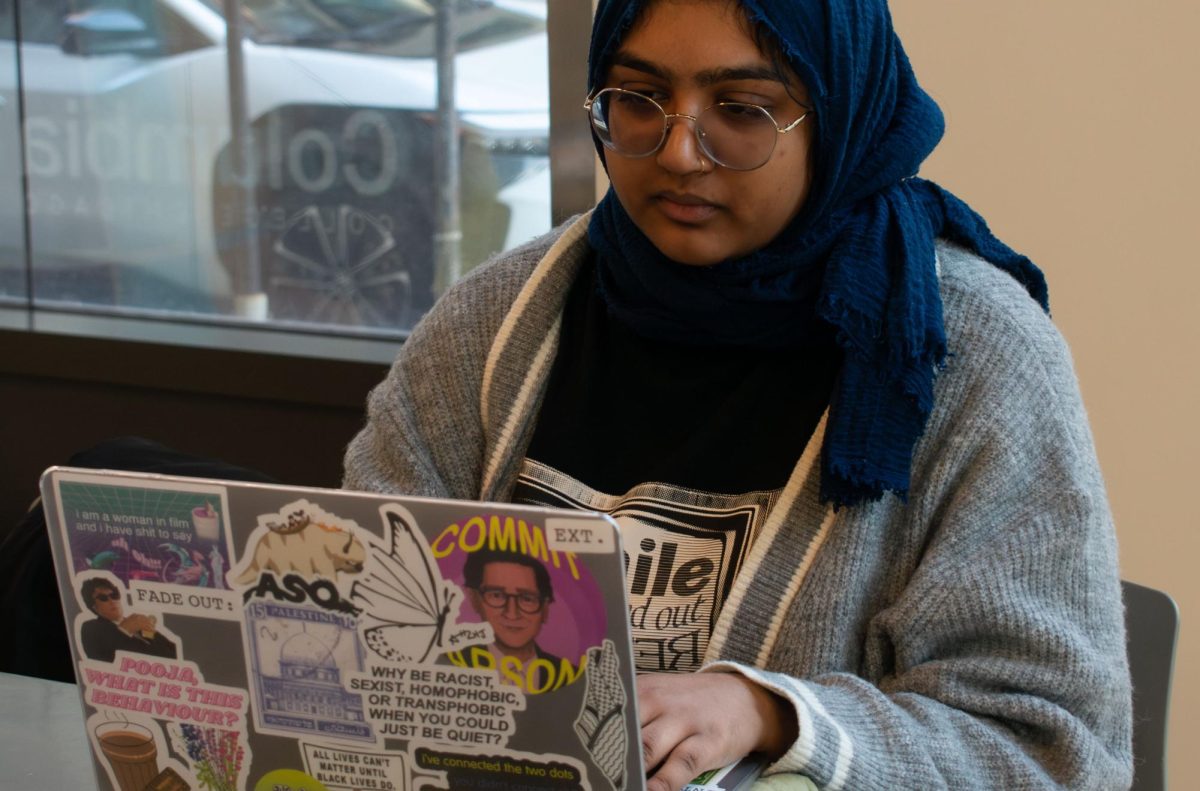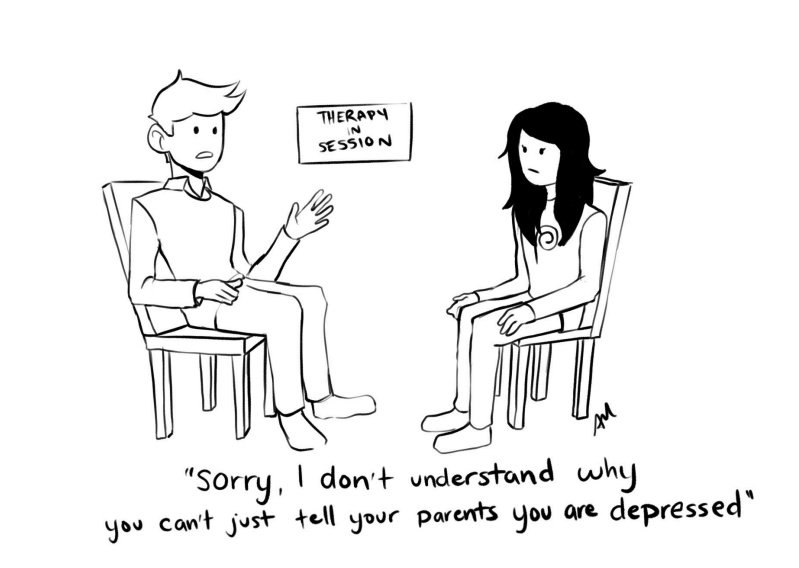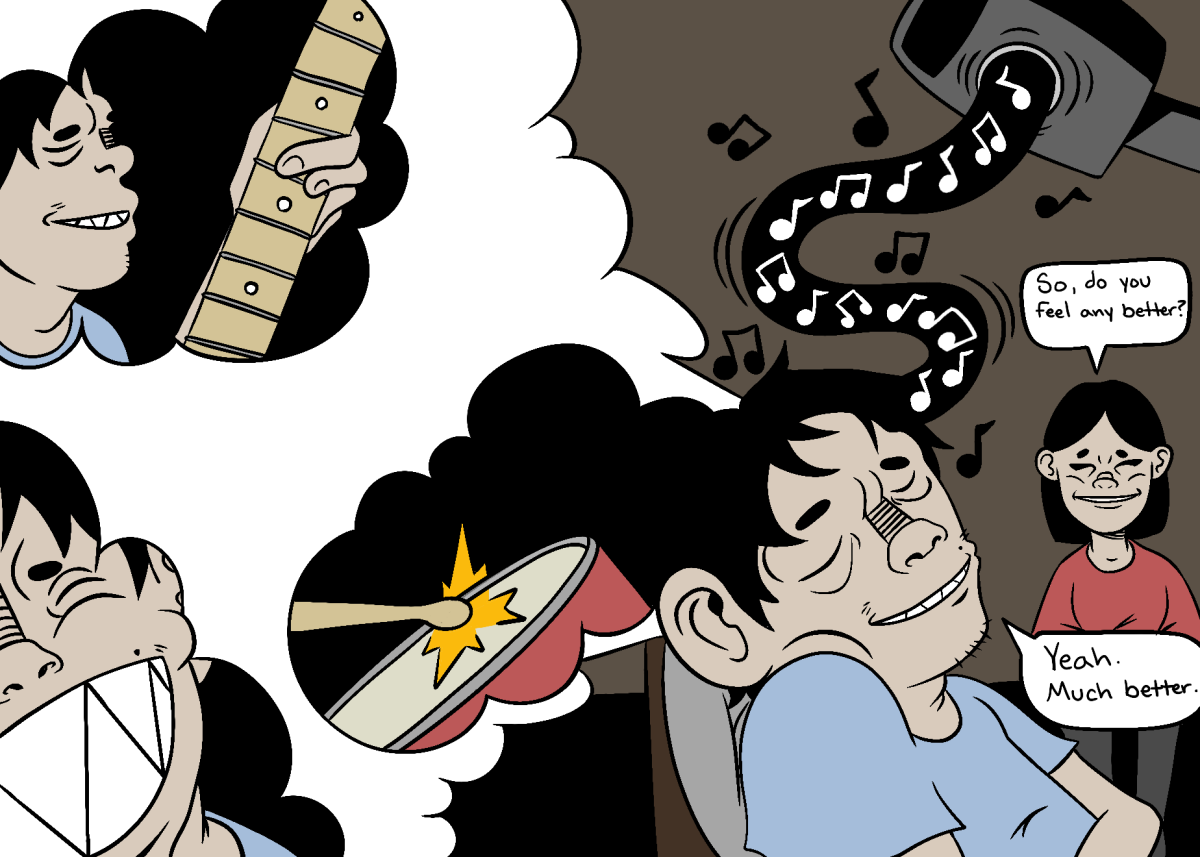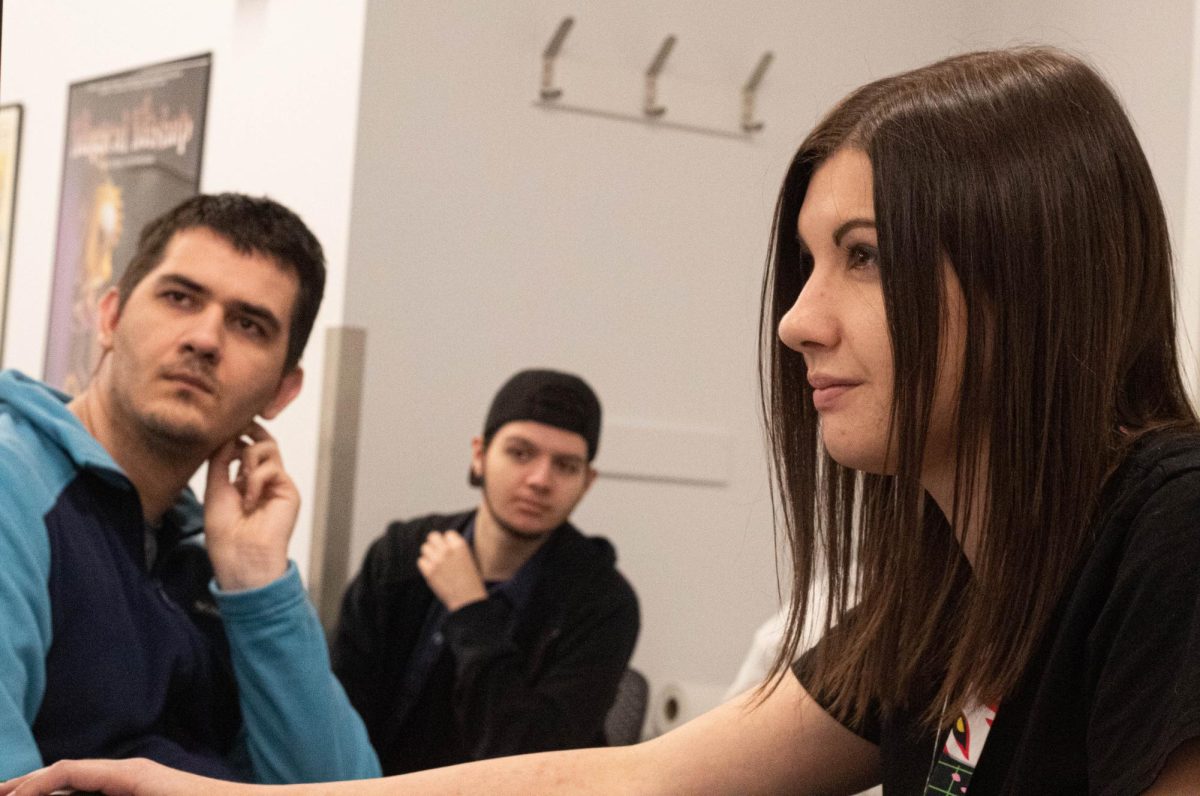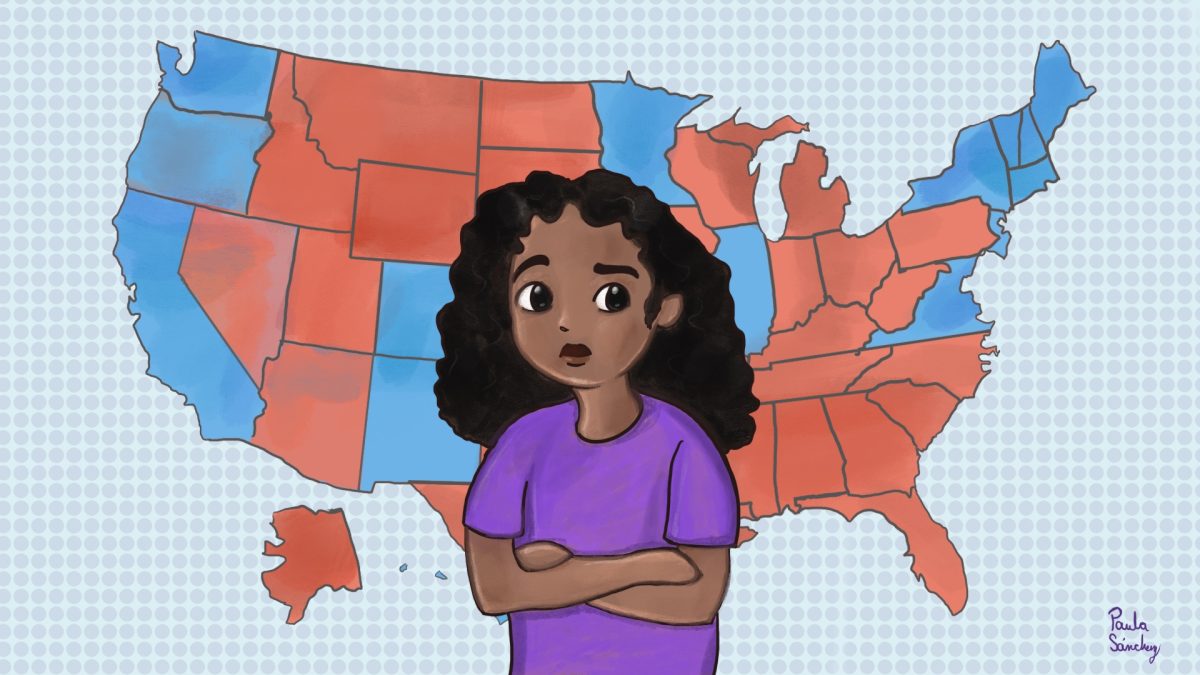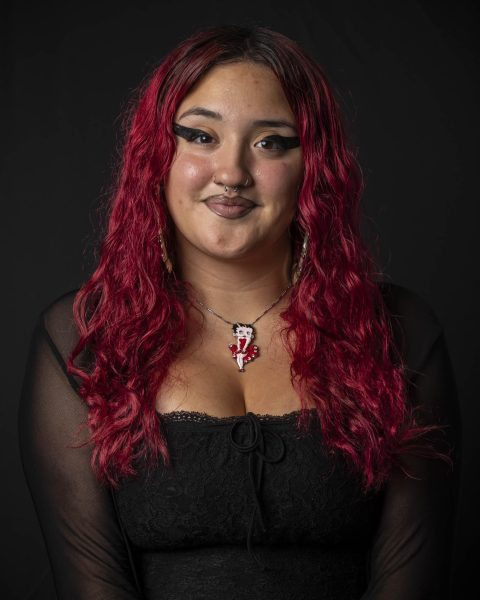MENTAL HEALTH ISSUE
Amid growing concerns about mental health on college campuses, student leaders are spearheading mental health initiatives from therapy dog days to mental health panels.
The big picture:
The prevalence of mental health issues among college students in the United States has increased to alarming levels.
The Healthy Minds Study, which surveys 373 campuses across the country, found that over 60% of college students met the criteria for at least one mental health problem in the 2020-2021 academic year.
Even before the pandemic, colleges and universities struggled to keep up with the overwhelming demand for care, which exceeded their capacity.
Columbia has seven staff members who could provide counseling services to more than 6,000 enrolled undergraduate students.
What they did:
Tyler Harding, a junior film and television major and president of the Student Government Association, emphasized the association’s unwavering commitment to student wellness and mental health, a crucial aspect of campus life.
“Within the structure of our organization, we have a Mental Health Senator whose entire role is dedicated to advocating for mental health on campus,” he said. “Beyond that position, SGA organizes programming geared towards promoting mental health and wellness for Columbia students.”
Last year, SGA organized an event during finals week at the Student Center where students could interact with therapy dogs.
Additionally, they held two panel-style events earlier this year, where students were able to discuss mental health concerns and how they intersect with their identity or culture.
“Many students of color can feel left out of the conversation surrounding mental illness or access to resources and this year that’s something we’ve been working on addressing,” Harding said.
Bryannah Minor, a junior fashion design major, said that as the SGA mental health advocate, she incorporates diverse perspectives and cultural sensitivity in her initiatives.
“I make sure to try and make everyone feel heard and seen and that no concern they have is too little,” she said.
She spearheaded a mental health town hall last semester to gain insight and information on how students felt about the strike, canceled classes, and their comfort with campus therapists.
“I collaborate with SGA and other clubs such as BSU by using their platforms and student reach to spread awareness to mental health and solutions to keep your mind at ease around campus,” she said.
What they found:
Harding said that the biggest barrier to addressing mental health on campus is the stigma associated with reaching out for help.
“The best way to address this stigma is by giving opportunities to speak openly about mental health, the importance of therapy, and how there is no shame in reaching out when you need help,” he said.
These student-led initiatives offer important perspectives and ideas about how to best meet their peers’ needs, creating alternatives and supplements to traditional mental health services.
By the numbers:
According to data from Penn State University’s Center for Collegiate Mental Health, the number of students seeking help at campus counseling centers increased almost 40% between 2009 and 2015. It continued to rise until the pandemic began. This rising demand has yet to be matched by a corresponding rise in funding, leading to higher caseloads.
Student-led initiatives have played a crucial role in addressing the mental health crisis on college campuses. In addition, colleges and universities must develop policies that encourage students to seek help without fear of reprisal and create non-discriminatory approaches to supporting students in crisis.
Between the lines:
SGA has regularly donated to Columbia Cares Pantry and Little Food Library.
“Food insecurity can have a profound impact on students’ academic performance and mental health,” Harding said. “SGA wants to ensure that no student at Columbia needs to go hungry because they forgot lunch on their way to campus or because they do not have enough money for groceries that week.”
Harding said more can be done.
“In addition to what we already have, I believe that the college should look into ensuring we have a more racially diverse counseling staff, as well as implementing a mental health day into our college’s attendance policy,” he said.
What students are saying:
Jazlynn Edwards, a sophomore journalism major, said student-led mental health initiatives on campus are a great way for students to connect and for others to know they are not alone.
“I think sometimes the mental health of college students is overlooked, and it’s unfortunate,” she said. “I am looking into more things on campus for next [school] year.”
However, there must be a better way of marketing and disseminating information about these student-led initiatives since senior communication major Albina Purelku said she hasn’t seen many activities on campus geared toward students with mental health issues.
“If there are, that would be very beneficial to the students here because we’re all going through so much on our plate,” she said. “They know what we’re going through because I’m sure they’re experiencing the same thing. So it’d be great to talk to someone who knows what we’re going through.”
Jayla Forest, a junior music major, said that mental health initiatives organized by student-led organizations on campus are needed and very much appreciated.
“I have struggled with depression and anxiety for years,” she said. “So to see other people who have been through these things organize student-led initiatives is really nice to have something on campus that is orchestrated towards that.”
She said bringing these activities to light is important because it makes her feel that she is not alone.
“I’m not the only one who’s going through this thing, and I can talk to my peers about it,” she said. When you see people who are like-minded to you and your peers around the same age as you, it’s more comforting, like, okay, I can relate to you, you can relate to me.”
Copy Edited by Patience Hurston


